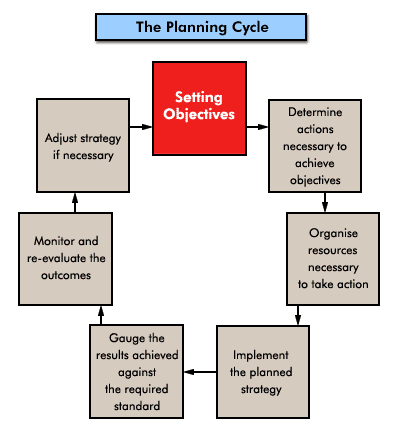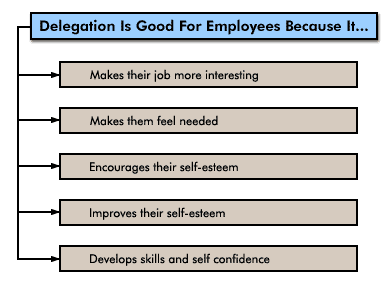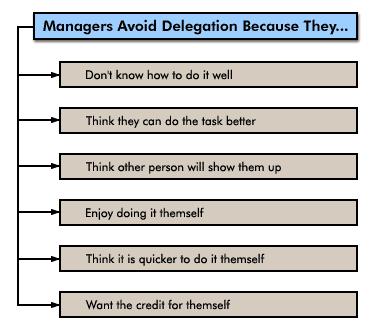
Manage Sales and Service Delivery
Involving the Team
Despite your best efforts, you cannot be every where at once. The key to involving the team in providing high levels of customer service is to ensure that they understand its importance and feel free to offer suggestions to improve the current system.
What appears to be working well on the surface may have problems that are not being identified for any of the following reasons:
|
Any of these barriers may prevent your team from offering suggestions on how to improve the store's service delivery procedure. To reverse this situation you need to follow two steps:
Ask your team to identify any barriers that they feel are preventing them from serving their customers well.
Then eliminate those barriers by asking for suggestions on how to get rid of them.

Involving
the team in developing high levels of customer service
ensures a unified professional approach.
Gaining Suggestions From The Team
When trying to gain suggestions from your team consider the following steps:
- Ask each person for their suggestions.
- Look for suggestions that address the problems you are facing.
- Monitor how many suggestions come from each person.
- Implement the suggestions that are likely to improve the situation.
- Consider implementing suggestions that have a neutral effect. That way the person who made the suggestion will feel recognised as a contributor.
- Recognise the people who made the suggestions.

When dealing with your team it is important to remember that good customer service begins and ends with every employee.
Delegation
Delegation provides the manager with more time to focus on important issues.
While the manager's primary responsibility is to make sure that a job is done, they are also responsible for providing opportunities to develop the skills of their team.
Delegation should be seen as a key to the training and developing team members as well as a more efficient use of resources.

When delegating work, consider the following issues:
|
Effective delegation requires the task to be carefully defined. You don't necessarily need to explain how the task should be done (the person doing the work should have the flexibility to approach the task in their own way), but you should explain its purpose and/or the expected end result.

Other people in the store may also need to be informed of the delegation so they can assist if necessary. Constant feedback is also important to ensure that the task is being completed in line with store policy.
Part of delegation is the development of subordinates. Generally, development includes a degree of training and possible errors in the early stages. Don't expect the task to be completed exactly as you might have done it.
Give positive feedback and helpful suggestions on how to improve their results next time.
|
||||||||||||||||||||